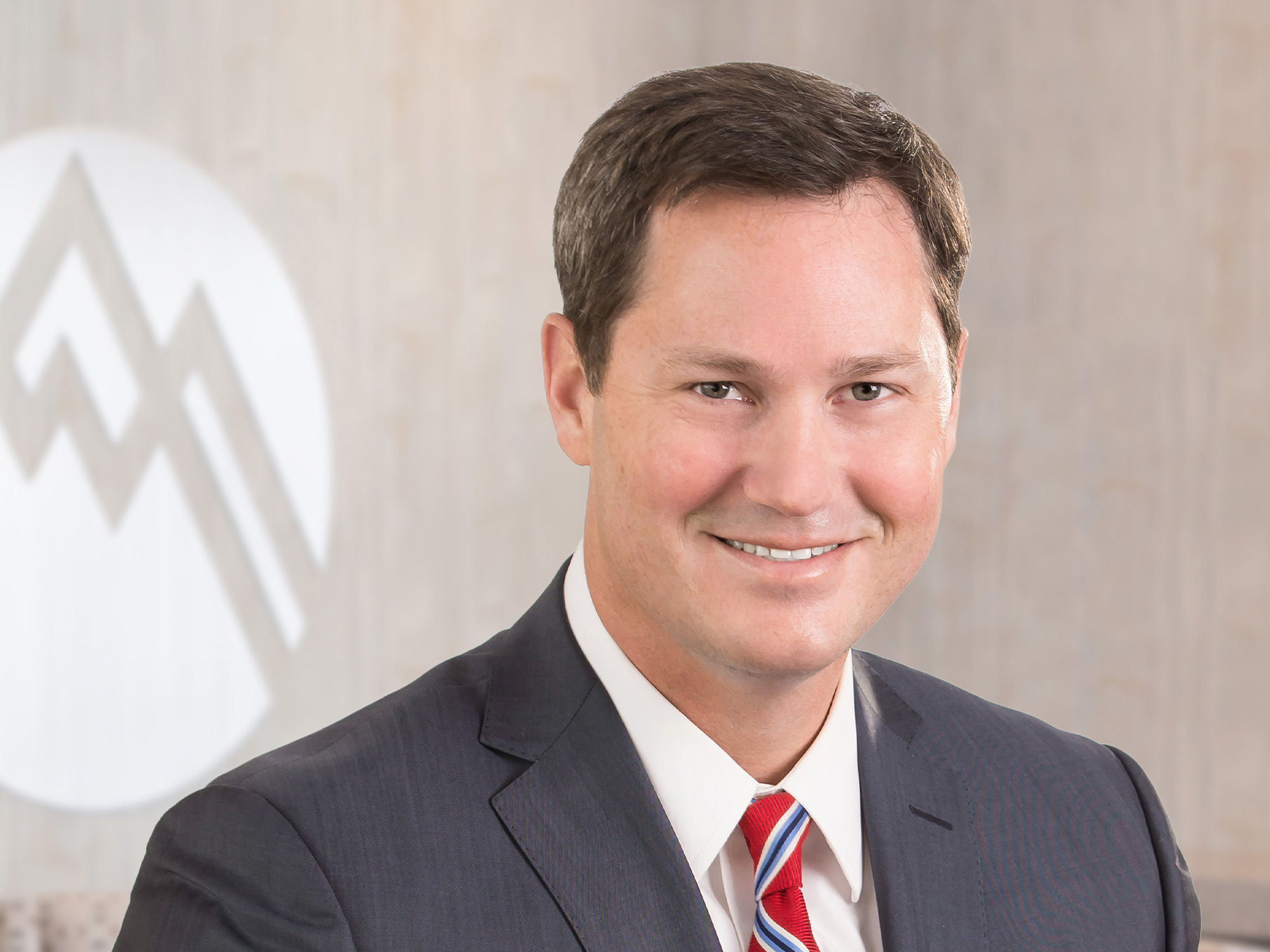When conservative treatments fail to resolve or control back pain, you and your spine physician may consider surgical options. Dr. Strothman explains how one of these options, spinal fusion, works to address pain.
Spine pain can be caused by a number of factors. When the cause is identified as an issue in a vertebral segment of the spine, fusion surgery is one option to treat pain if conservative options have failed to provide relief.
“Our spine is composed of a stack of vertebral bones designed to give us flexibility,” explains Summit Orthopedics spine surgeon Dr. David Strothman. “Think of your spine as a series of joints. Each level is made up of a vertebral bone paired with facet joints. A shock-absorbing disc sits between each bone to provide cushioning. The facet joints are lined with cartilage similar to other joints like our hips and knees. Every time we bend, stretch, or twist, these discs and facet joints move and make multiple degrees of motion possible. When a vertebral bone or joint is damaged, movement can cause pain. Spinal fusion surgery works by preventing the damaged structures from moving, thus decreasing the pain generated by the damaged disc or joints.”
Fusion surgery attaches the damaged vertebral bone to an adjacent vertebral bone so that they grow together into one long bone. A fusion will reduce freedom of movement in the spine by making the fused vertebral bones immobile, but that immobility serves the purpose of reducing pain at the damaged disc.
“Spine fusion surgery can treat problems at a number of locations along the spine, and there are a number of surgical techniques to perform this surgery,” explains Dr. Strothman. “The appropriate technique depends on where the pain is located, and on the condition causing the pain. We may approach the surgery from the front of the spine, the back of the spine, a combination of back and front, or we may operate from the side. Regardless of our surgical approach, a spinal fusion involves the same general steps.”
- A bone graft is added to the spine segment being fused.
- The surgical site is treated to set up a biological response that causes the bone graft to grow between the two vertebral segments, fusing them together.
- When the fused bones heal, the fusion prevents movement at the joint.
“Fusion surgery is used to treat conditions including degenerative disc disease, spondylolisthesis, and other issues such as deformities in the spine,” says Dr. Strothman. “Depending on the extent of the damage to the spine, a fusion may be performed with minimally invasive techniques or with a traditional open surgery. It is important for patients to understand that with any spine fusion, there is a risk that pain will not go away even when the fusion is successful. However, our spine team works with each patient to prepare him or her in advance of surgery and guide rehabilitation after surgery to achieve the best possible outcome.”
Summit Orthopedics offers comprehensive spine expertise
Our back specialists diagnose spine problems and design custom treatment plans built on a conservative, nonsurgical approach. Most patients find relief through treatments including guided injections, specialized physical therapy, biofeedback, exercise, activity modification, and medication. When conservative care does not relieve symptoms, our highly skilled surgeons offer proven, evidence-based surgical options. Together with you, we will determine the right course of action.
Start your journey to a healthy spine. Find your spine expert, request an appointment online, or call us at (651) 968–5201 to schedule a spine consultation.
Summit has convenient locations across the Minneapolis-St. Paul metro area, serving Minnesota and western Wisconsin. We have state-of-the-art centers for comprehensive orthopedic care in Eagan, MN, Plymouth, MN, Vadnais Heights, MN, and Woodbury, MN, as well as additional community clinics throughout the metro and southern Minnesota.
More resources for you
- Ask Dr. Wills: What Questions Should I Ask My Spine Surgeon?
- Ask Dr. Strothman: Guidelines for Evaluating Surgical Risks
- Ask Dr. Strothman: What Do I Need To Know About Minimally Invasive Spine Surgery?
- Ask Dr. Santos: Can I Request Minimally Invasive Spine Surgery?

